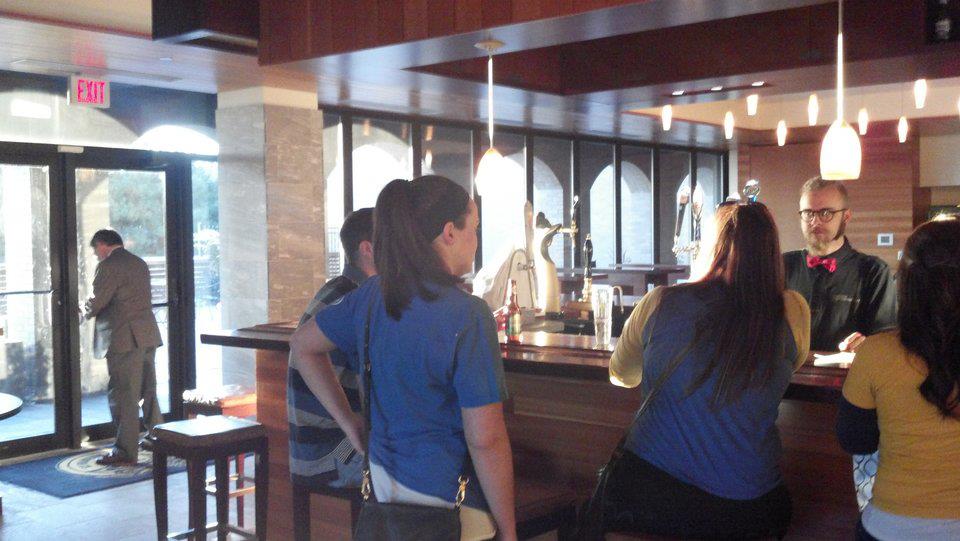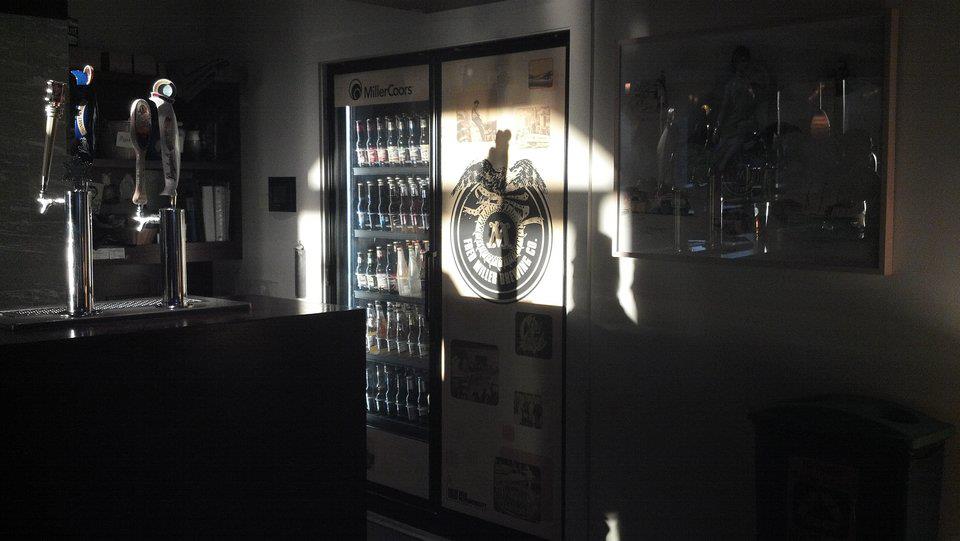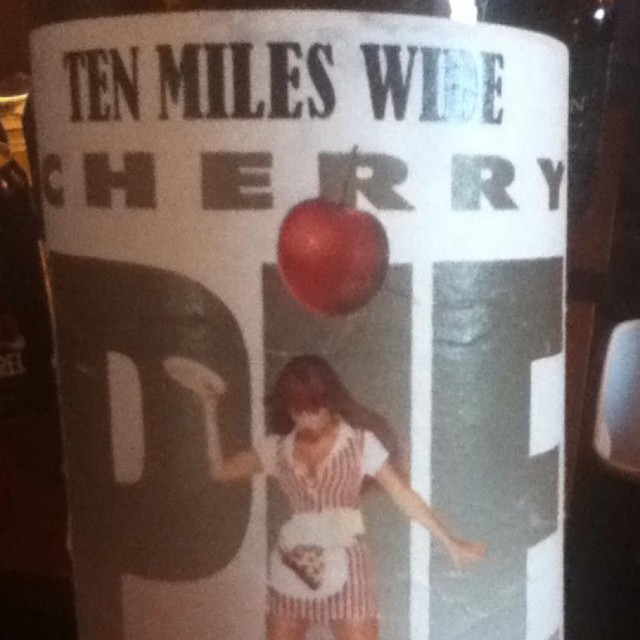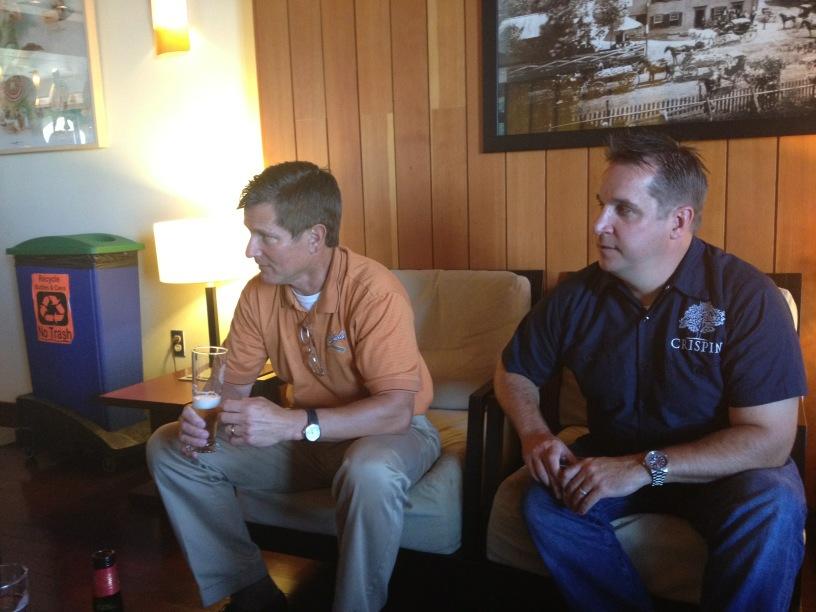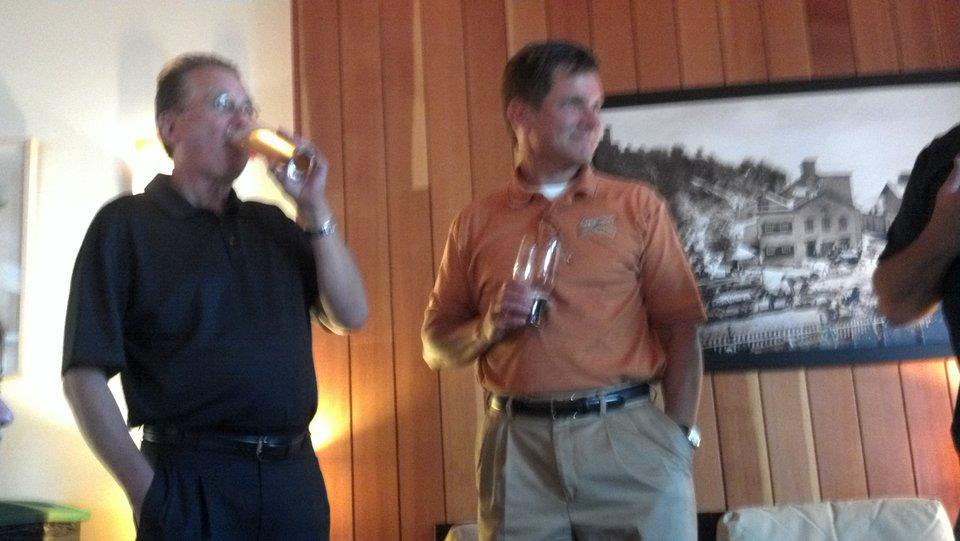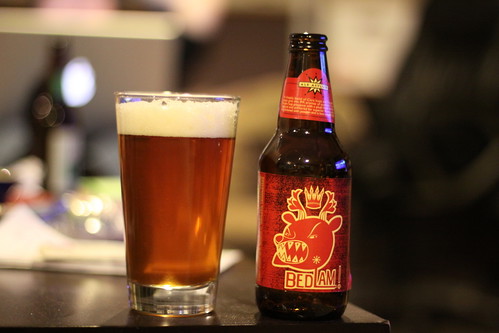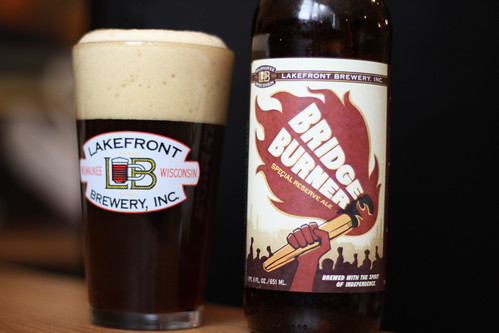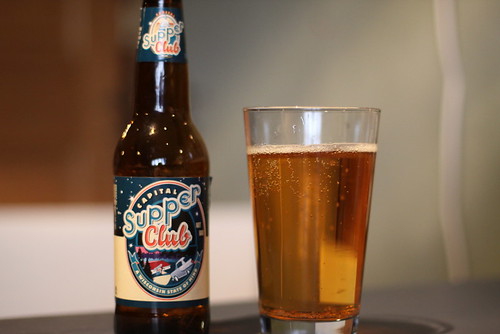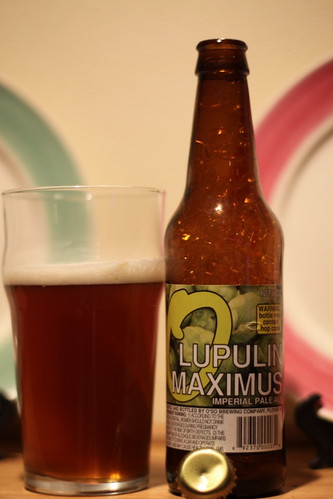Monday night a few #beerclubbers were invited to a special Tenth and Blake tasting at Miller Brewery by our newest #beerclub member, the stunning Lisa Zimmer (I wasn’t put up to saying she’s stunning or anything 😉 ). Lisa is the Digital and Consumer Outreach Manager for Tenth and Blake, a division of Miller Brewing.
First, a little background. Tenth and Blake was created three and a half years ago in as the craft and import division of Miller. They oversee brands like Blue Moon, Leinenkugels, Pilsner Urkell, AC Golden, and St. Stefanus among others. They get a lot of flak for being “Fake Craft Beer” and the corporate whores of the beer industry, but through people like Lisa, they are working on overcoming that image.
One of the ways they are overcoming this stems from some internal policies. All staff members of the Tenth and Blake division are given two weeks of intensive beer education. This education includes how to homebrew, and how to taste beer. Every employee is given a homebrew kit as part of their employment, and they are all required to pass the server level cicerone test. Lisa also said that since their offices are in Chicago, away from the brewing facilities, that they are encouraged to brew beer at work. They feel it’s important to be around the brewing process, and have beers fermenting near them while they work. This is the same company that gets constantly derided for not appreciating beer. More on Tenth and Blake in a bit, but let’s get onto the drinking stories.
A few weeks ago, #beerclub drank Blue Moon to celebrate the actual blue moon. This is a beer that falls under the umbrella of Tenth and Blake, so we invited Lisa to join in on the conversation. She wasn’t able to make it that night, but she did want to reach out to us and invited a small group to meet her at Frederick Miller’s Pub. The pub is located on the brewery grounds, and it was built after the SAB Miller purchase with the intention of being a place for employees to go after work, and increase camaraderie among the staff.
The bar is gorgeous. It’s really welcoming with plush seating, bright wood on the walls, beer steins, and there’s no tacky neon. I have some pics taken by fellow #beerclubber Jodi. If I was an employee, or had access to the bar, I’d be there pretty often. The place just has a very cool atmosphere.
Genevieve and I arrived at the same time and Lisa invited us to grab a beer from the bar. Both of us had the Third Shift Marzen. poured into a tall glass while Lisa arranged to start pouring from her secret stash. Once she opened up her stash, we were off to the races.
I’m not going to give a commentary on all the drinks we had, but I will provide a list, just so you can get some idea of the variety, and quality of the beers we were trying:
- Crispin – Ginger and Elderberry Cider
- AC Golden – Hidden Barrel Kriek
- Leinenkugels – Snowdrift Vanilla Porter
- Terrapin – Free Spirit Farmhouse Ale
- Brouwerij Van Steenberge – St. Stefanus Blonde
- Worthington’s White Shield – IPA from Burton upon Trent
- Blue Moon – Caramel Apple Spiced Ale
- Crispin – Stagger Lee
- Fox Barrel – Orange Peel & Corriander
- Fox Barrel – English Perry
- Crispin – Lansdowne
- Leinenkugels – “Ten Miles Wide” (a special not for release version of the Big Eddy Russian Imperial Stout that was bourbon barrel aged over sour cherries) This one was complete with a special label:
All of these beers were really good, and we had some great discussion about where Tenth and Blake’s sees themselves in the market.
We even had some special guests who came to talk with us.
Mike from Crispin has been the Wisconsin rep for some time, and now he’s in charge of the Midwest region. He came and brought most of the Crispin and Fox Barrel samples that we had. Unfortunately we ran out of time to try all of the ciders he brought, so he just sent them home with us. I have some ciders here that I’m really excited to try.
It was very interesting to hear the viewpoint of someone who worked for Crispin well before the Tenth and Blake acquisition, and who admitted he wasn’t sure how the company would be treated after being bought out. After the acquisition, not a single employee has left the company. That tells me that Tenth and Blake is doing this right. They’re not the big evil conglomerate that some people in the craft community make them out to be. Sure, they are a part of a large brewery, but these people are passionate about their beers and ciders.
Then, while we were drinking and talking, Dick Leinenkugel came and sat with us. Dick doesn’t quite understand twitter, but he does understand beer, and he’s a very personable guy who has a pretty quick wit. He stayed and talked with us for most of the time we were in the pub. It’s kind of surreal to be drinking with a member of the Leinenkugel family who is wearing a Leinenkugel’s shirt.
As if that weren’t enough, we had a quick introduction to Dr. David Ryder, head brewer at Miller, and VP in charge of Brewing and Research for MillerCoors. He had a quick sample with us, before he went back to drinking his Miller Lite. When Dick commented on the choice of a Miller Lite, Dr. Ryder responded with “What can I say?” Another very pleasant man, who really knows his beer.
Once we finished at the pub (it was just after 6:30 PM by this time) we took a cab over to Molly Cool’s seafood for dinner where the discussion with Lisa continued. She is a perfect person to be doing this consumer outreach. She knows her stuff, but she is also very friendly and easy to get along with.
There are more stories, but this post has gotten long, and unfortunately, you just had to be there for yourself to experience it. We may have an opportunity to do this again, I’ll keep you all posted if such an opportunity arises. Trust me, you don’t want to miss it.
